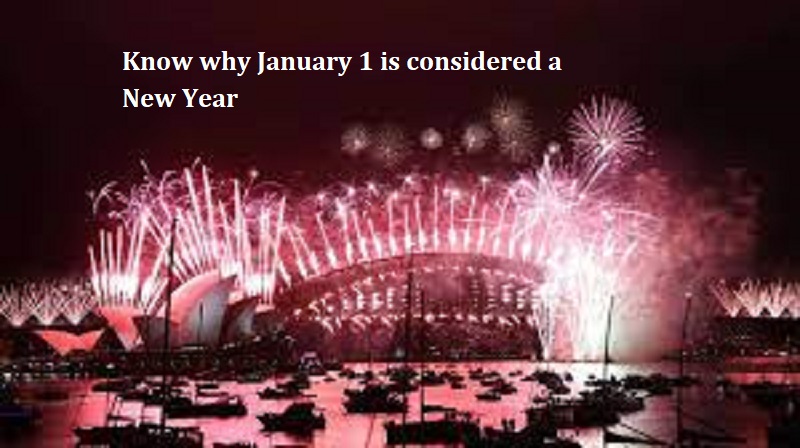
New Delhi: People across the globe celebrate New Year on January 1. January 1 for a new year has been determined as per the widely used Gregorian calendar. Gregorian calendar is also known as the Julian calendar. But, there are several regions and people who celebrate New Year on different dates and times. This depends upon their respective calendars.
At the time when Romans followed the lunar calendar, the new year began in March, the day the new consul assumed office. Later Romans added a few more months to the calendar in 153 B.C. The consuls then began to took charge on January 1.
The name of the month January is derived from the two-faced Roman god of beginnings or gates, Janus. Julius Caesar along with an Alexandrian astronomer created the Julian calendar around 46 B.C., using the Egyptian solar calendar as the foundation. As per this calendar, the New Year started on January 1.
Also Read: New Year 2024: Dubai authority announces change in intercity bus routes
Julian calendar was reformed by Pope Gregory XII leading to the creation of the Gregorian calendar. In this calendar too, the New Year officially began on January 1.
Although the majority of the population participates in the celebrations on New Year’s Eve or the night of December 31, the actual dates of New Year vary in India. This is basically based on different cultures and traditions.
People in North Indian states like Punjab and Haryana celebrate New Year on April 13 as Baisakhi during the spring harvest time. In Tamil Nadu, the New Year is celebrated as Tamil Puthandu. In Assam, it is observed as Rongali Bihu. While West Bengal celebrates the beginning of the new year as Poila Boishakh on April 14, people in Kerala mark the festivities as Vishu

Post Your Comments